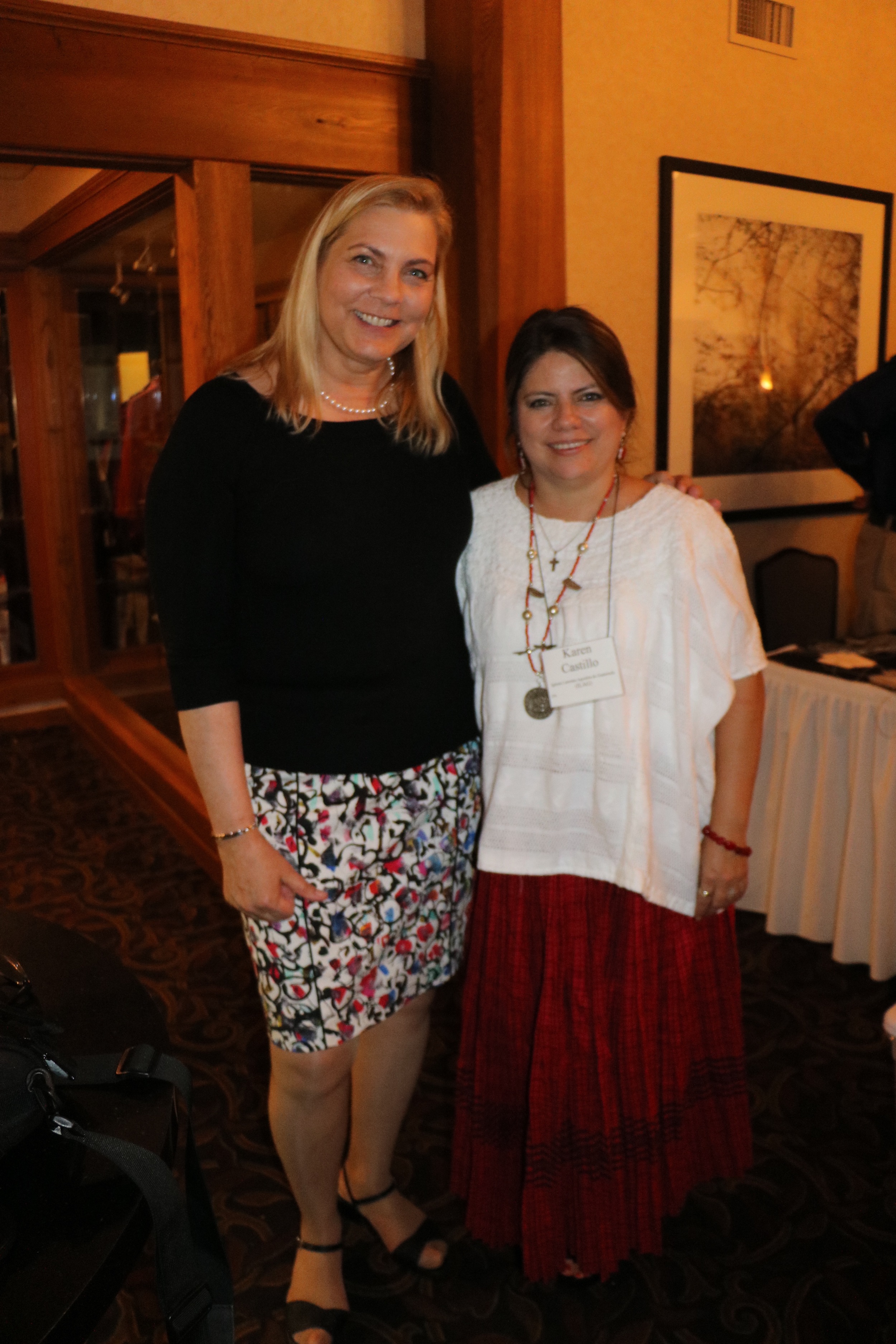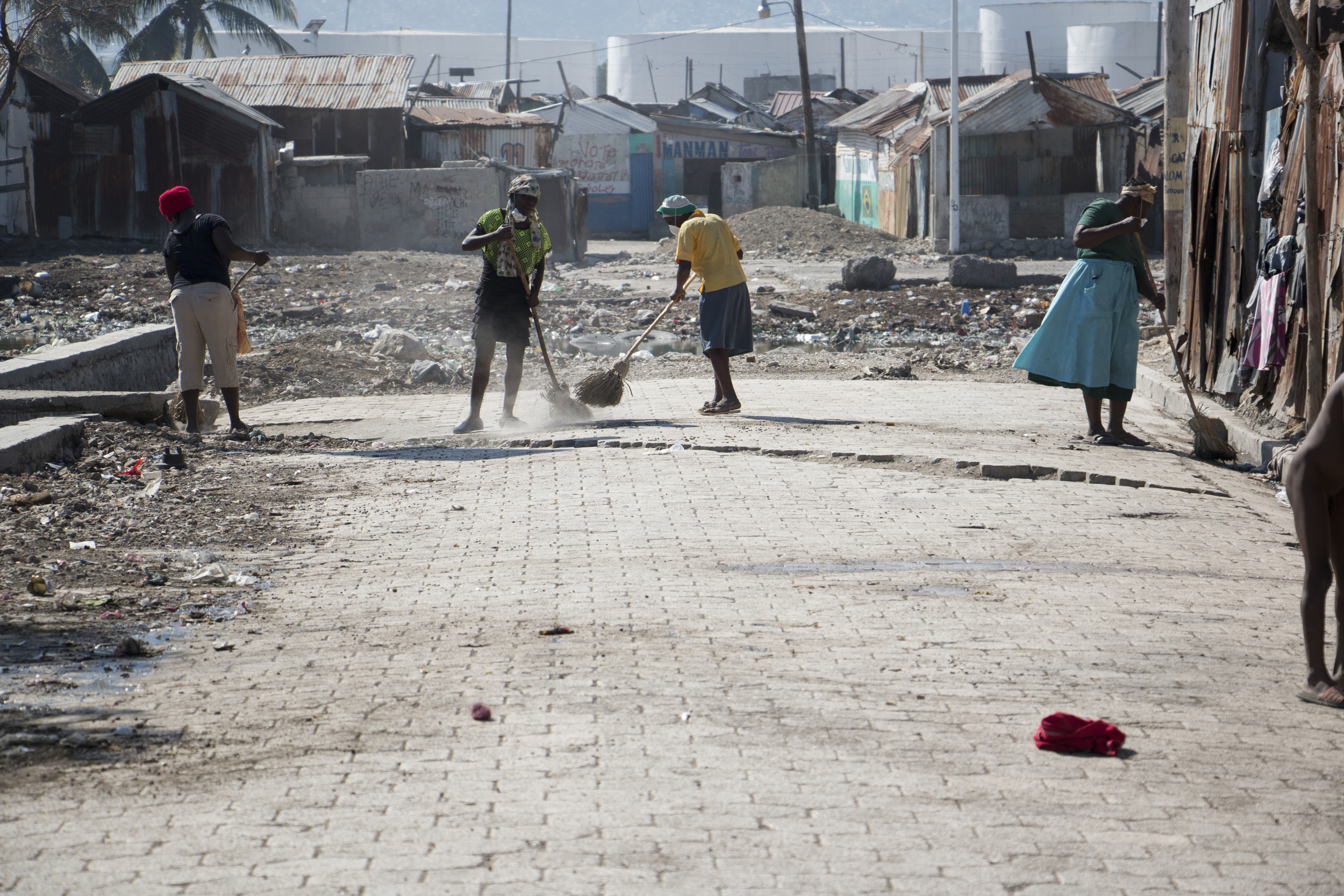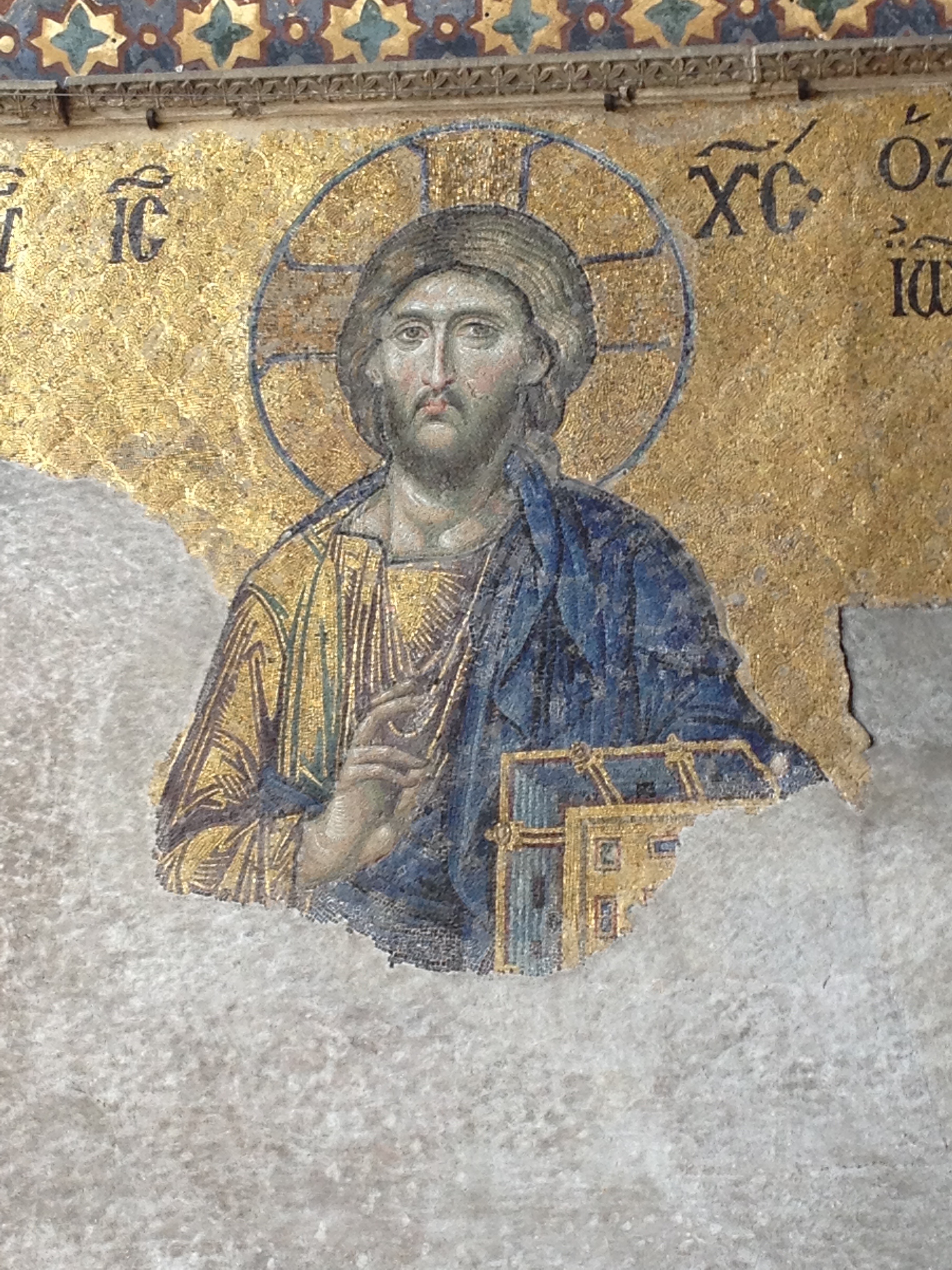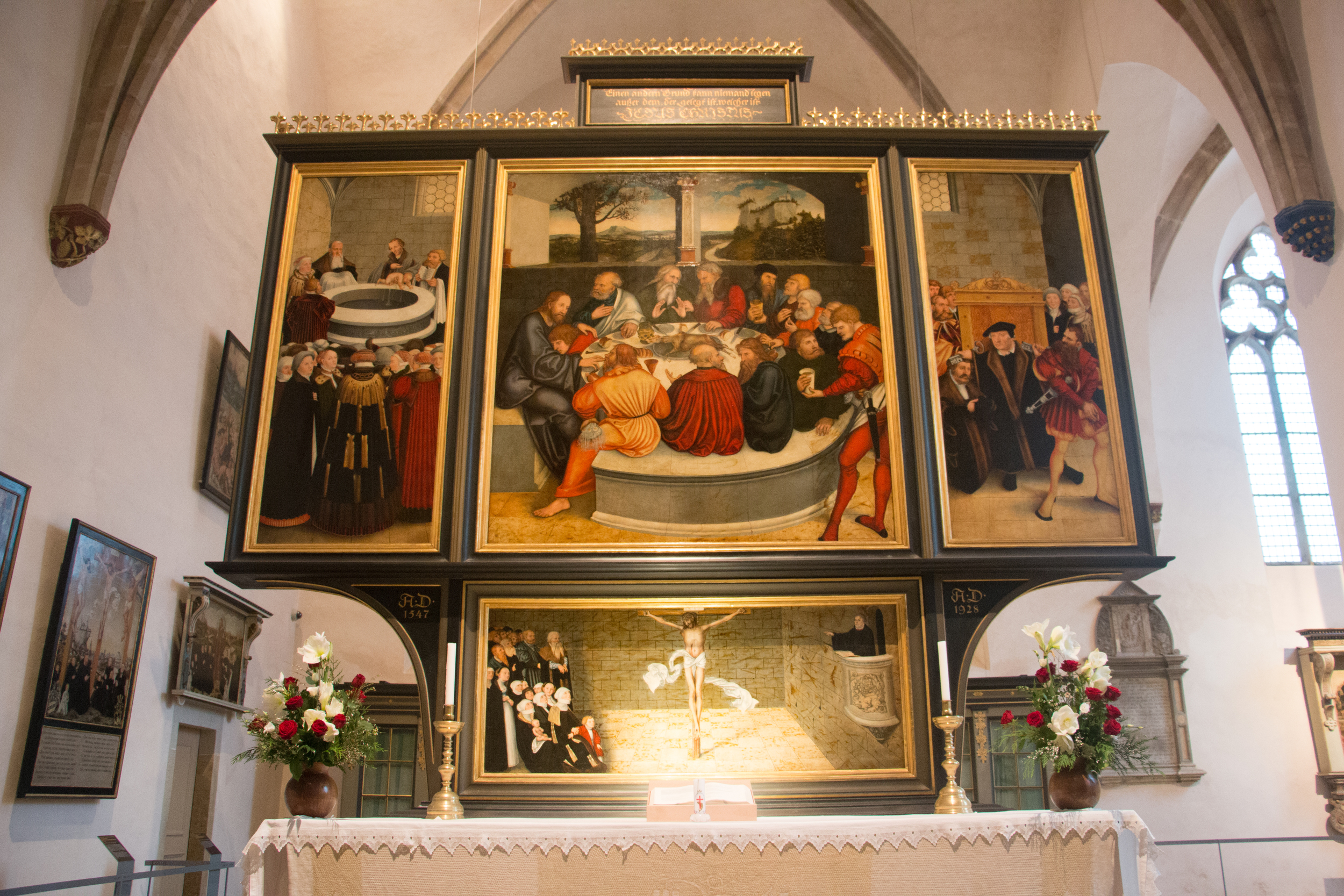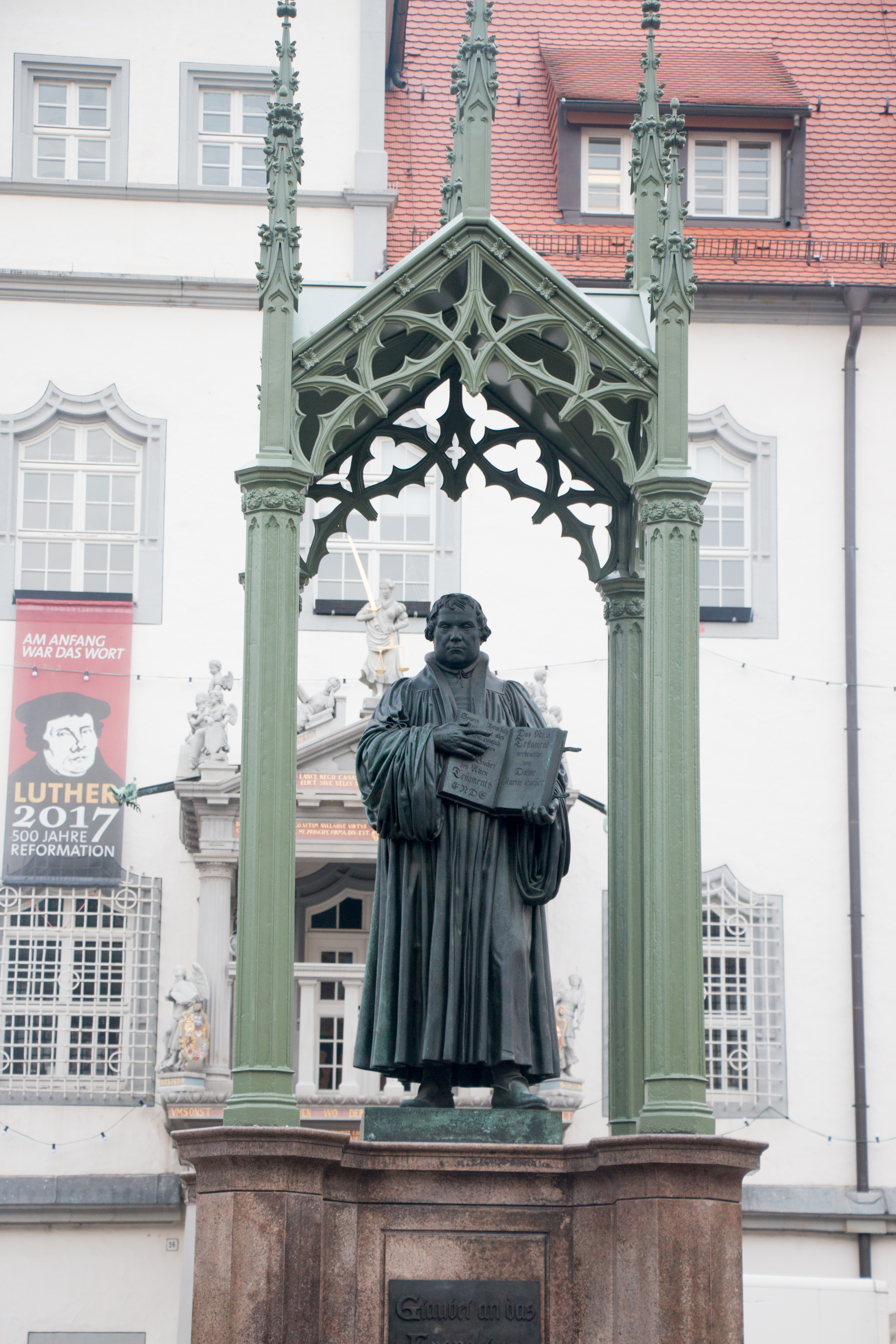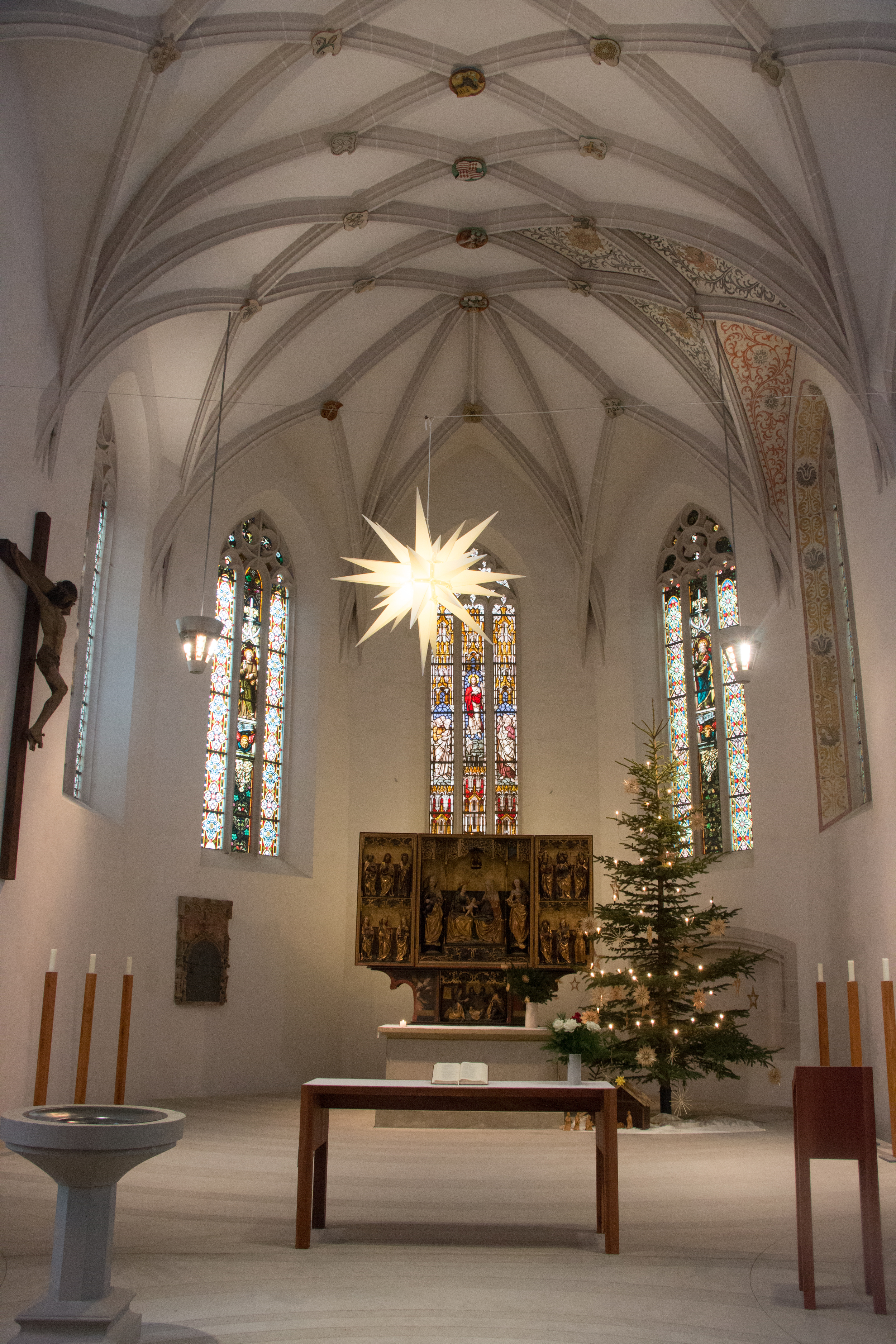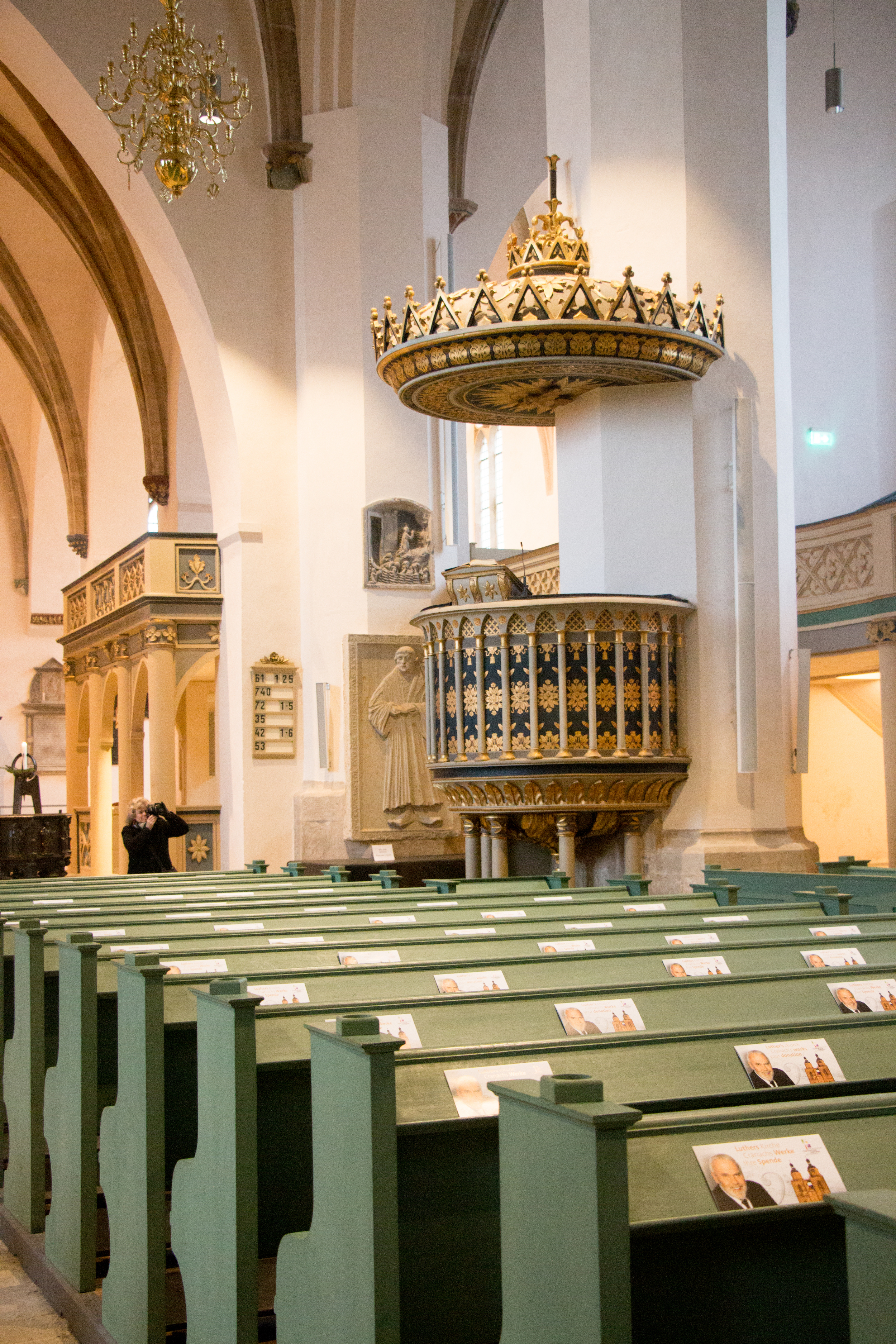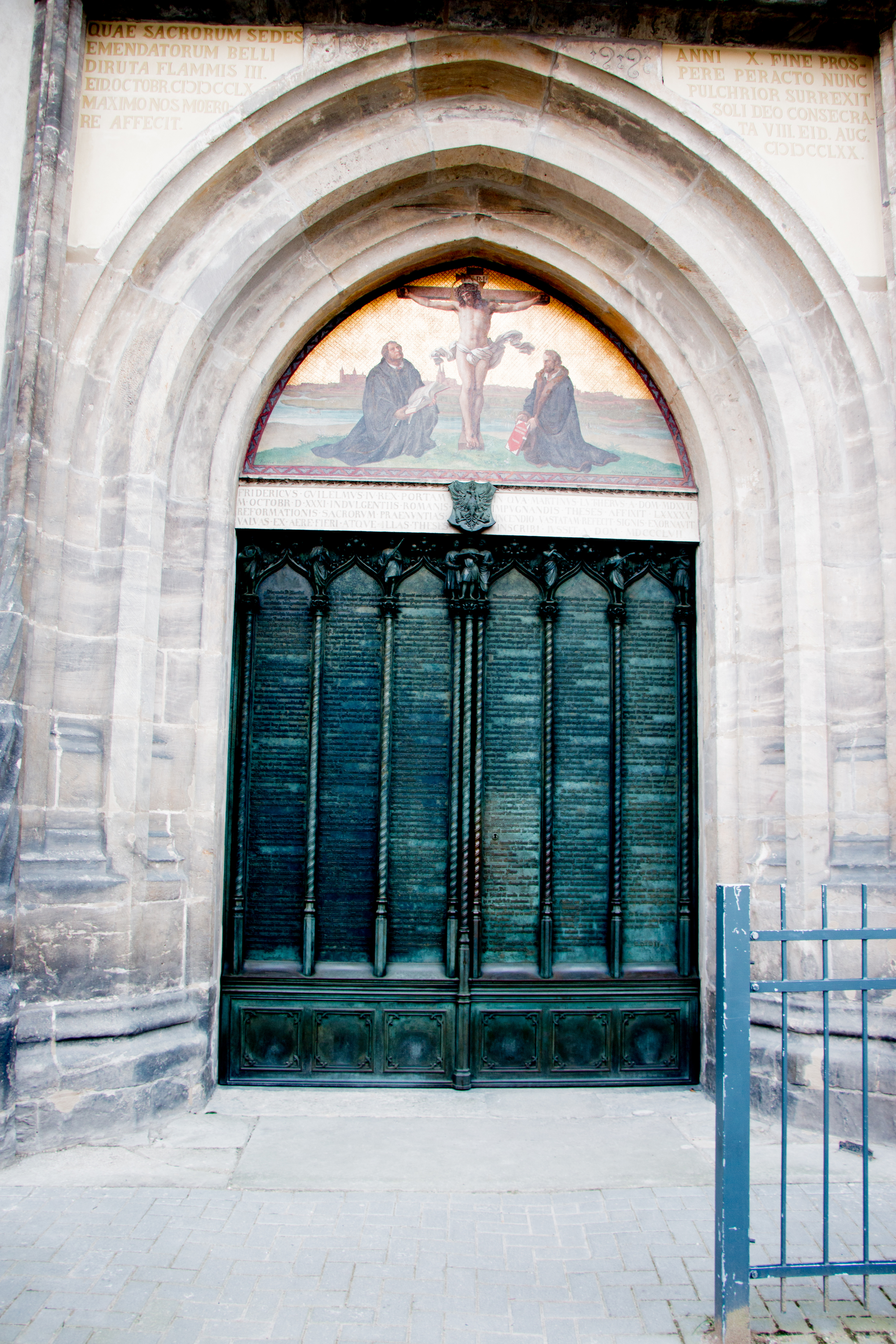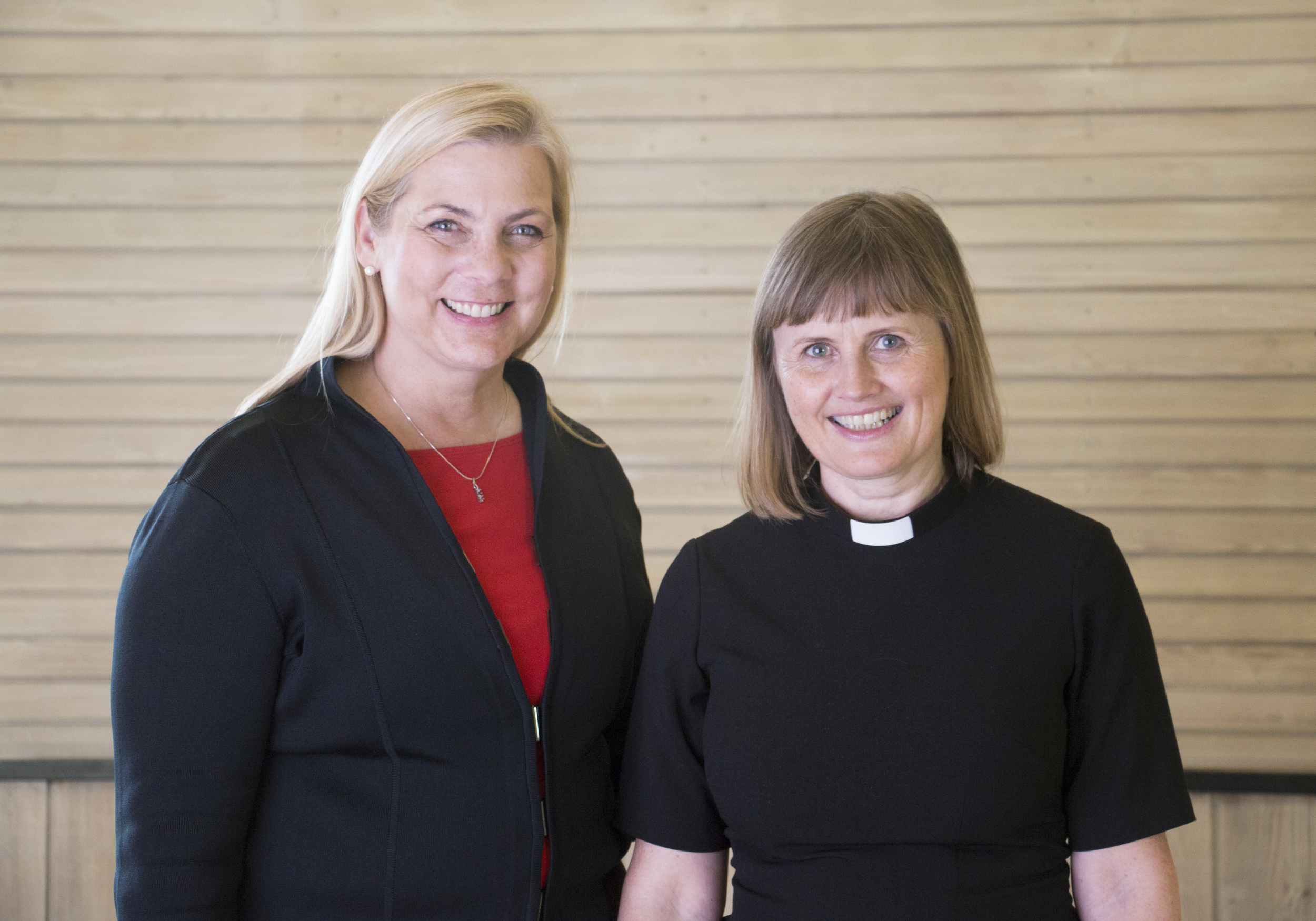Miracle Education Center
Wow! The recent Guatemala Gala hosted by the St. Paul Area Synod raised $85,000 toward an effort to build a girls’ school! It is going to happen! Thank you, Easter Lutheran Church of Eagan for playing such a large role in the success of this event.
Check out the five-minute video Sarah put together from our fall Guatemala trip. It features Karen Castillo, the president of the Lutheran Church in Guatemala, the Iglesia Luterana Agustina de Guatemala (ILAG). Pastora Karen is leading an effort to build a girls’ school in Guatemala City to help to alleviate the pressure young girls feel to get married in their early teens. Thanks be to God!
ILAG President Karen Castillo and St. Paul Area Synod Bishop Patricia Lull.
Janet and Karen.
Paul Ericson, Diego Gil, and Karen Castillo.
Miracle Education Center (article from Caminando Juntos, the newsletter of the Guatemala Task Force of the St. Paul Area Synod)
Our Saint Paul Area Synod has walked in a companion synod relationship with the Iglesia Luterana Agustina de Guatemala (ILAG) since June 2005. We have partnered with the local leadership in building the Lutheran Center in Guatemala City and providing dry latrines and water filtration systems to the homes of 375 families, reaching 2,000 people total. Pastor Karen Castillo and the local leadership council have identified the newest priority for ILAG congregations. This will be our most ambitious effort to date. It is intended to change the lives of young girls in our sister congregations.
The Centro Educativo Milagro (Miracle Education Center) will be a residential school in Guatemala City offering academic and vocational education for young women aged 13-18. The 2-year curriculum brings girls from the rural communities where our sister congregations are located, into the capital with the goal of better preparing them for adulthood. In addition to academics, girls at the school will learn necessary life skills such as proper food preparation and storage, sewing, household management, economics, and small business administration.
Even today, in rural communities it is common and customary for girls to be married or partnered by age 13 or 14 as they have such limited choices in their rural villages. Girls begin families at a young age, often having difficult labors and births, and once they become mothers it is unlikely they will return to school. Many girls have not finished elementary school and have a difficult time even reading to their children.
This project will be broken into several phases and will probably last several years before the completed concept is realized. During 2016, a pilot program will be started using the Lutheran Center as a base of operation. This will include building a sample living residence where initial students can be housed. Plans are being developed which can be shared in a presentation to your church's global mission event or at an adult forum.
Our prayers continue for: Gloria, Adelade, Brenda, Maria
- Janet and Sarah



